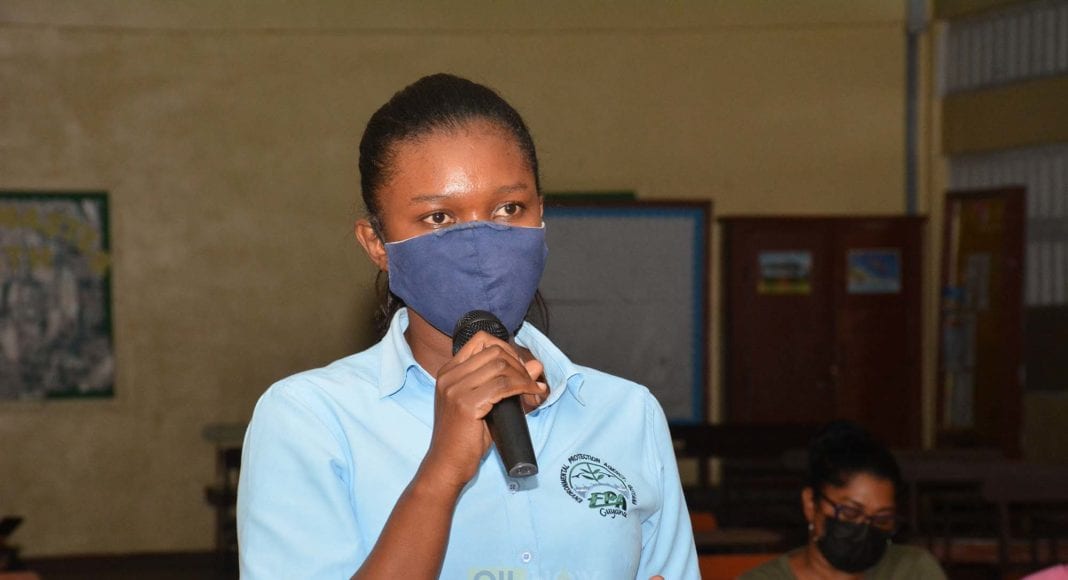As public scoping meetings continue in Guyana ahead of the Environmental Impact Assessment (EIA) for the US$900 million gas-to-energy project, some concerns have been raised about the move by the Environmental Protection Agency (EPA) to withdraw its 2020 EIA guidelines. But the EPA in response, has assured that this will have no bearing on the quality of EIAs being conducted, particularly the one for the landmark project that is expected to cut Guyana’s energy bill by half and create new industries.
The agency in a statement on Thursday explained that the revised 2020 guidelines were retracted pending more extensive consultations to adequately reflect the contributions from diverse stakeholders through wider public participation.
It indicated that this action was not related to “any project seeking environmental authorization.”
The regulator pointed out that the retracted guidelines were not restricted to oil and gas but were rather a suite of guidelines that spanned several sectors, including mining, forestry, hydropower, thermal power and electricity transmission.
It also pointed out that the “guidelines are not mandatory for the conduct of EIAs… therefore [the EPA] reiterates that the retraction of the 2020 guidelines will in no way affect the quality of the EIA.”
The regulator also assured that the EIAs are conducted by independent and suitably qualified persons or entities approved by it.
Further, the agency outlined that the Environmental Protection Act and terms and scope developed for each project seeking environmental authorization are important factors which guide the conduct of an EIA and “not only any available guidelines.”
The public scoping meetings being conducted countrywide for the gas-to-energy project are geared towards recording questions and concerns which could be considered in the EIA.
The EPA said it is required by law to publish a notice of its decision that an EIA is required for a project, notifying that the public has 28 days from the date of publication to make written submissions, setting out those questions and matters which they require to be answered or considered in the EIA.
Section 11 (7) of the Act mandates that “Members of the public shall have twenty-eight days from the date of publication of the notice to make written submissions to the agency setting out those questions and matters which they require to be answered or considered in the environmental impact assessment.”
The EPA indicated that in addition to the public notice, it has at its discretion, the authority to hold public scoping meetings to allow for greater public input into the terms and scope for the conduct of the EIA. However, those public scoping meetings cannot provide information on findings of potential impacts, since the EIA has not been conducted.
What is required are consultations to be done during the conduct of the EIA where it is the duty of the consultants to engage with members of the public, interested bodies and organizations during the conduct of the EIA, the EPA said.
The regulator stated that it is working assiduously to have additional consultations on these guidelines before they are finalized. In the interim, the EPA said it will be utilizing EIA Guidelines (2000) Volumes 1-5 (Generic; Forestry; Mining; and Electricity Generation) and that would stay in effect until further notice.
The EIA Guidelines (2000) can be downloaded from the EPA’s website www.epaguyana.org.



